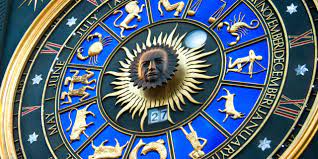However, misconceptions often cloud love and relationship astrology reading credibility. Critics argue its lack of scientific evidence, attributing correlations to confirmation bias or subjective interpretations. While astrology doesn’t align with empirical scientific methods, its value lies in its subjective relevance and guidance for personal growth rather than empirical validation.
The Modern Resurgence
In the age of information, astrology has experienced a resurgence, permeating popular culture through social media, apps, and horoscope columns. Accessibility to astrological content has skyrocketed, appealing to a new generation seeking spirituality, self-awareness, and meaning in an increasingly complex world.
The integration of technology has democratized astrology, offering personalized readings and compatibility analyses at one’s fingertips. This accessibility has fueled its popularity, contributing to its contemporary relevance.
The Intersection of Skepticism and Belief
Astrology’s enduring appeal lies in its ability to bridge the tangible and intangible, offering a sense of connection to something greater than oneself. While skepticism persists, many individuals find solace and guidance in astrological insights, embracing its mystical allure without dismissing rational inquiry.
Ultimately, whether one perceives astrology as a guiding compass or a mere pseudoscience, its impact on individuals’ lives cannot be denied. Its enduring legacy continues to weave through human culture, transcending time and offering a lens through which to contemplate our existence in the vast cosmos.
As we gaze at the stars and ponder the mysteries of the universe, astrology stands as a testament to humanity’s enduring quest for understanding, meaning, and a deeper connection to the celestial tapestry that envelops us all.
